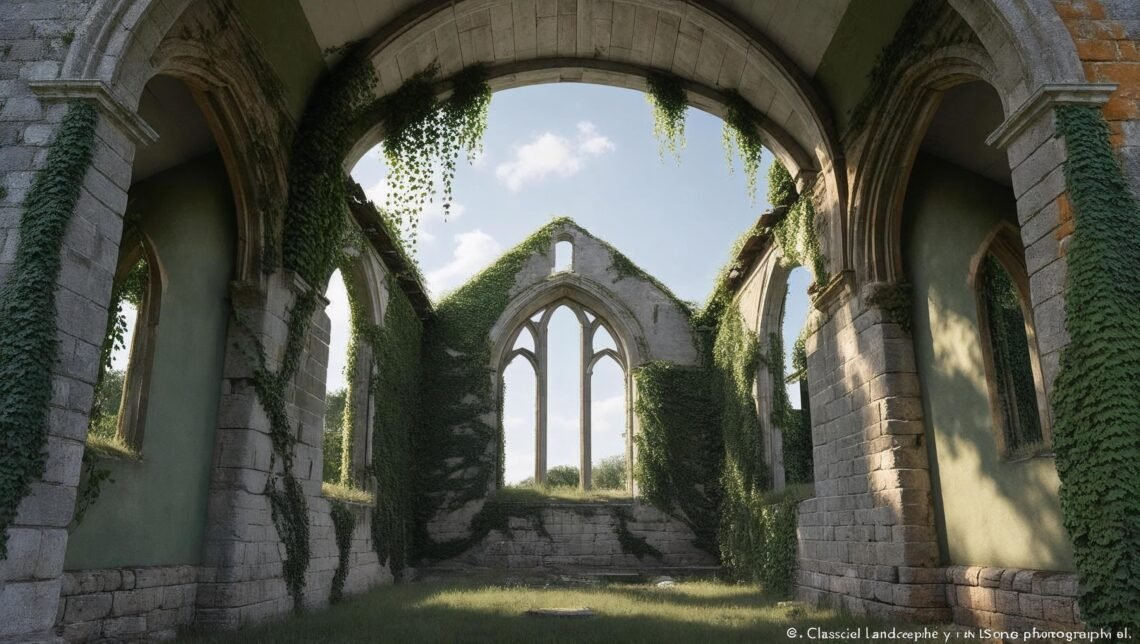Reflecting on how simply witnessing with compassion can be a form of radical hope and moral courage.
There are mornings — perhaps you know them too — when the world seems a little thinner, a little more worn at the edges. As though the fabric of our common life has been tugged too hard by cruelty, weariness, or mere neglect. As I scroll through the news feeds I often feel, quite intensely, that ache of helplessness. What can one soul do in the face of such a world?
It is tempting, I find, to grow numb, to turn inward, to tighten the shutters and mind one’s own small affairs. And yet, I wonder if it is precisely in such times — these inhuman times — that we are most called to remain human.
There is an art to it, though it is not taught in universities nor celebrated in our headlines. It is the art of bearing witness. Quietly, faithfully, stubbornly. It is not a noisy heroism, not the clash and clang of grand gestures. It is a quieter courage, the kind that listens with its whole being, that refuses to look away.
To bear witness is to stand — sometimes trembling, sometimes weary — in the presence of another’s suffering, and to say, by your very presence: You are not alone. Your pain is seen. Your dignity is real. Your life matters.
We live in a world that prizes action, outcomes, and immediate solutions. We are restless creatures, impatient with the slow work of love. And yet there is a fierce moral power in the simple act of attending — with compassion, without rushing to fix or to explain away.
When we bear witness, we resist the great lie that suffering isolates and invalidates. We say, instead, that even in the broken places, even in the anguished cries or silent despair, there is something sacred still at work. Something that deserves to be honored, not erased or tidied up for the sake of our own comfort.
It is a radical thing, in an age addicted to distraction and entertainment, to simply stay present. To let the pain of the world touch us without overwhelming us. To let the dignity of others call forth the dignity in ourselves.
I am reminded of an old stone chapel I once visited. The roof had long since collapsed, the windows gaped open to the sky, and nature had started to reclaim its place within the ancient walls. Yet there was something fiercely beautiful about that broken place — as though the spirit of the prayers once uttered there still hovered in the mist.
So it is, I think, with our own witness. We are not called to mend every broken thing. We are called to stand faithfully in the ruins, to keep the flame of compassion alive, to testify with our being that love is still possible, that humanity is not altogether lost.
This bearing witness — this choice to see and not look away — is not only a gift to others. It is, strangely enough, also a way of saving our own souls. It keeps our hearts from hardening into cynicism. It keeps us tender, vulnerable, fiercely alive. It reminds us that even in the shadowed valleys, hope is not a naive delusion but a rugged companion.
To bear witness is to practice radical hope — a hope not rooted in easy answers but in the sacred stubbornness of presence itself.
My friends, as the days grow strange and the news grows heavy, may we not lose our humanity. May we, instead, become practitioners of this ancient, unsung art. May we bear witness — to suffering, to beauty, to all that is still precious and real.
And in doing so, may we help stitch back, ever so slowly, the torn fabric of our common life.





